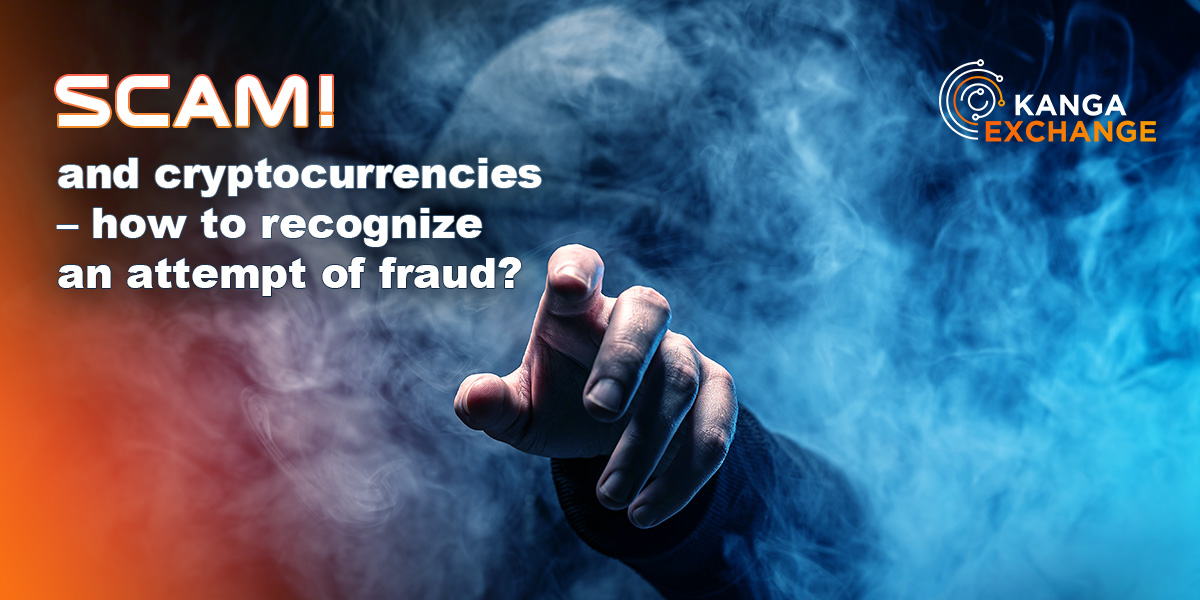How to protect funds on Kanga Exchange?

Written by
Kanga
Published on
Cybersecurity is one of the critical aspects to consider when investing in cryptocurrencies. Scammers use cunning social engineering techniques to lull their victims into a false sense of security, and their methods are becoming increasingly sophisticated over time. That’s why it’s essential to be cautious and protect your assets using the appropriate security measures. Phishing is becoming a more common type of fraud. It involves scammers posing as trusted individuals or companies in the form of fake websites or messages.
What rules should be followed to avoid being scammed?
Watch out for phishing
Phishing is becoming an increasingly common type of fraud. It involves scammers posing as trusted individuals or businesses in the form of fake websites or messages.
Always check the URL of the website you want to log in to. For our exchange, the only valid website address is kanga.exchange, and when logging in, you’ll see Kanga Exchange – More than an Exchange;
Also, avoid accessing the Kanga platform by searching for the word “Kanga”. This is where you’re most likely to run into phishing sites, which are often displayed as the first search result – ads purchased by scammers. The solution to this problem is to save the kanga.exchange platform address in your browser’s favourites. You can learn more about phishing from our blog article.
Don’t fall for it!
Be wary of all types of emails and verify whether they’re from Kanga. If the sender’s email address looks suspicious or contains even one small typo – don’t open it or any attachments!
Secure your account
Set up 2FA on your account! Two-factor authentication is an additional security measure that means you won’t have to worry about your funds. By activating security, each login will require a one-time authorization code provided by the Kanga Wallet mobile app. A potential scammer won’t be able to access your account with just a password.
Don’t trust fake investment advisors
Don’t be convinced to invest in platforms and cryptocurrency “brokers” who try to convince you to install Anydesk (or other programs allowing fraudsters to control your computer remotely) and send them cryptocurrency. Don’t be misled by the broker’s unrealistic promises of quick profits! You can read here about how to recognize a fraudster.